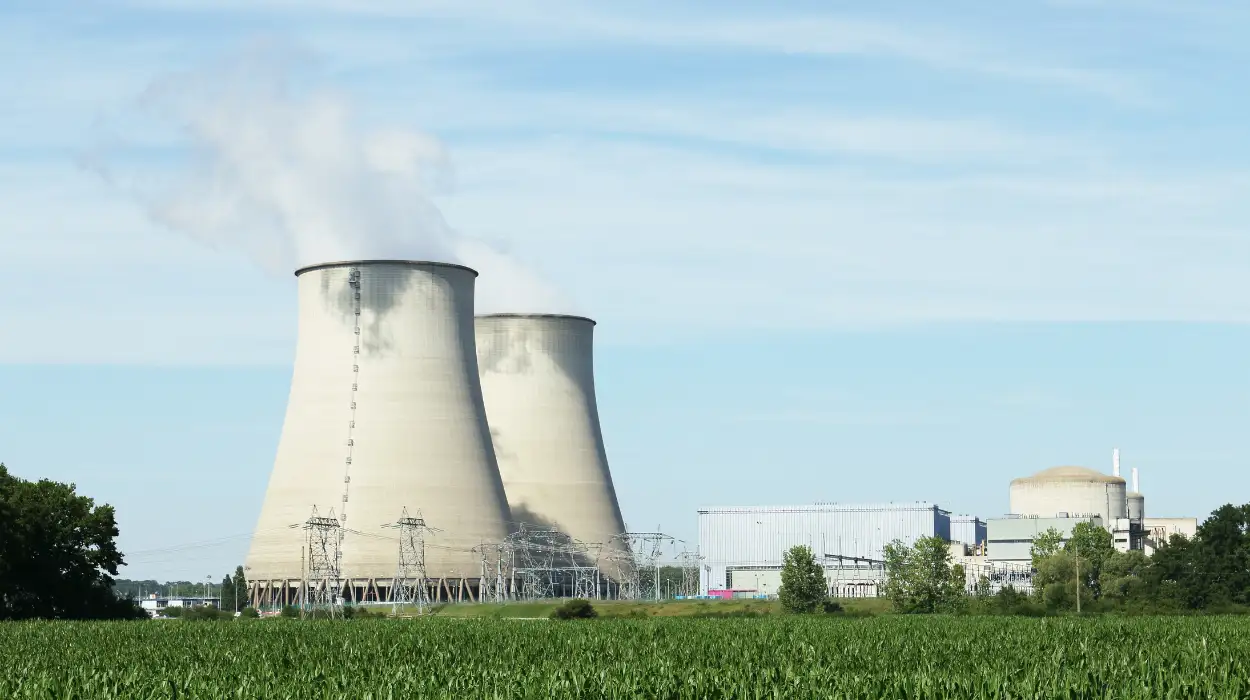Multiple people within communities residing in the Middle East, specifically near nuclear power plants may have to accept evacuation. This would occur if the nuclear power plant was hit by the very prevalent missile strikes that the middle East endures.
The Nuclear plants that were built are situated in parts of the Middle East that are prone to high conflict areas where missile strikes and drone attacks are prevalent. If the nuclear power plants are hit, it would result in multiple communities being evacuated. They would consequently not be able to return to their homes for several decades following the nucleic activity in the surrounding areas.
Nuclear power has been turned to decarbonize the global economy and accelerate the results of turning to a carbon-neutral environment. Multiple countries have therefore considered adding nuclear power to their electricity grids.
The Middle East has proven to be at the forefront of this initiative. The UAE became the first to get its nuclear reactors running. With Abu Dhabi, Iran, Turkey, Egypt, Jordan, and Saudi Arabia following suit.
Therefore, given the interest and plan to delve into nuclear power plants across the board, the challenges should be taken into account. The main one is the volume of high-risk missile strikes and potential radiological fallout from successful aerial strikes on the facilities. To put the risk into perspective, approximately 13 airstrikes since the early ’80s against a variety of nuclear reactors in the Middle East have occurred.
Additionally, it can be seen that airstrike technology has become far more developed. Accurate strikes using drone and missile technology have ensured that the target is hit directly. This type of technology is available to both state and non-state actors.
An experiment and simulation were conducted to determine the potential threat should a coordinated attack on various power plants in the aforementioned territories occur. The results showed that approximately 4.8million to 6.7 million mandatory and voluntary evacuations would be conducted to ensure safety. This would be due to a large amount of Cs-137, a byproduct of an attack resulting in hostile surroundings for 30 years. Caesium-137 is known to increase the chances of cancer development.
The positive intention of a decarbonized environment through the implementation of nuclear power plants may not be the most suited to the Middle East. The unpredictable nature of the volatile environment in which they’re situated may prove to be more harmful to the community that occupies the area than beneficial.






